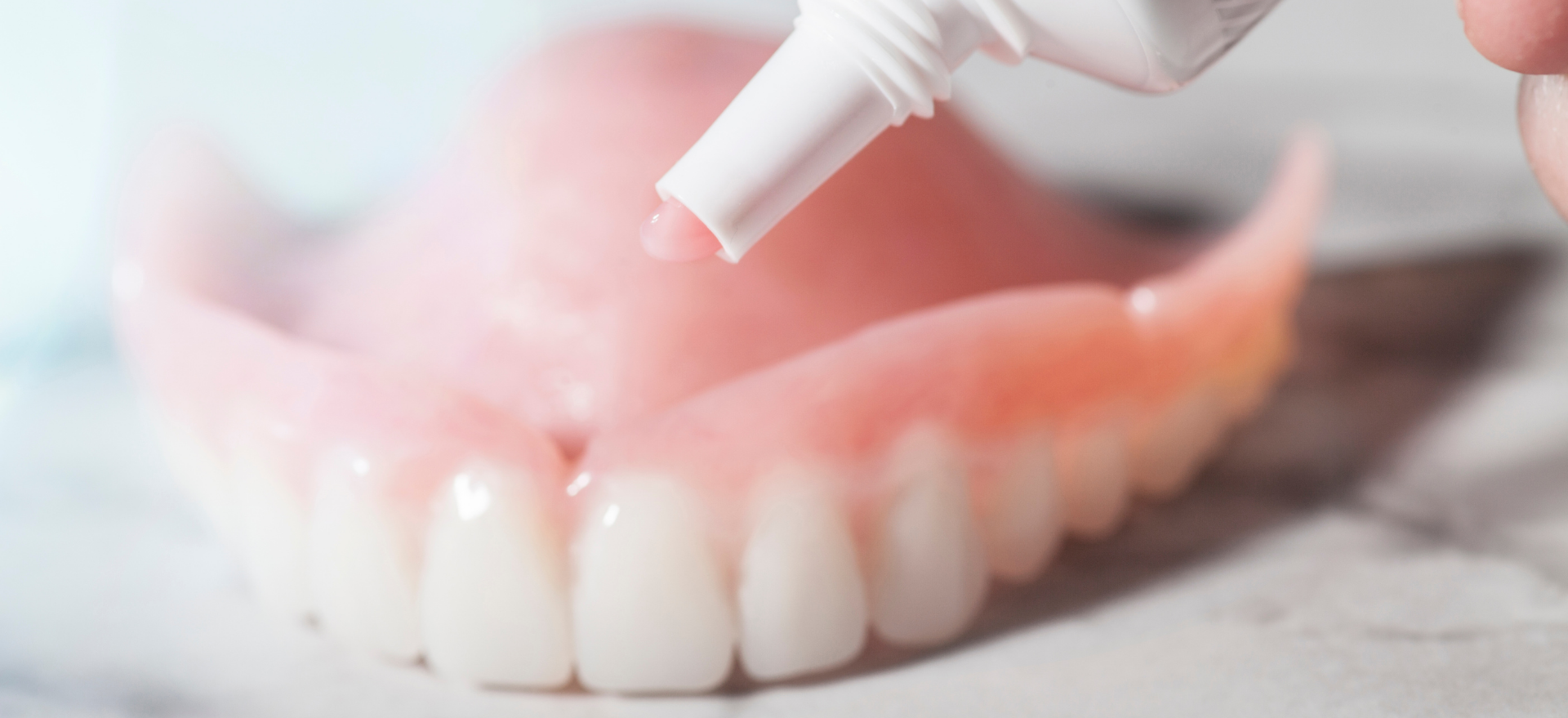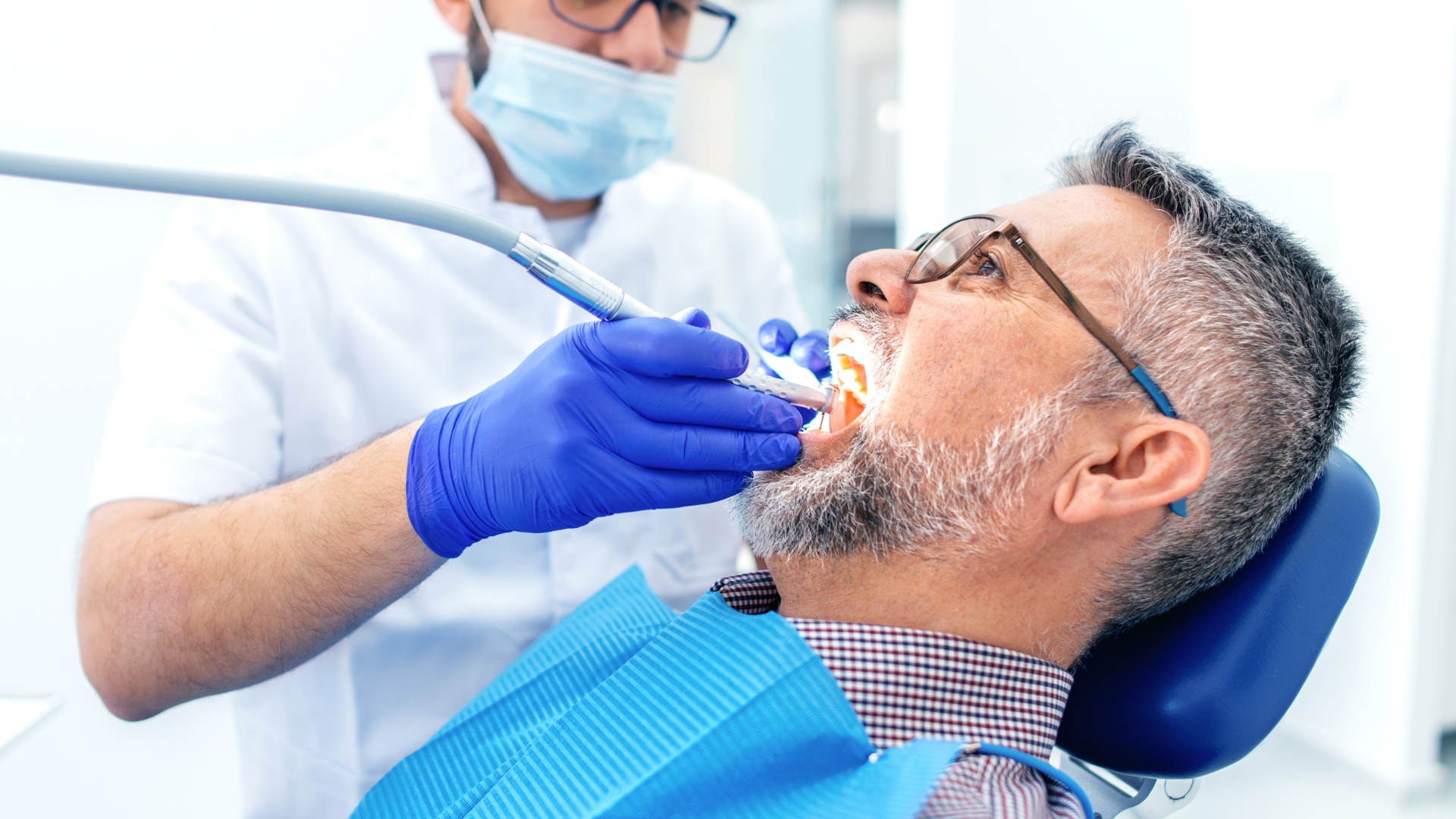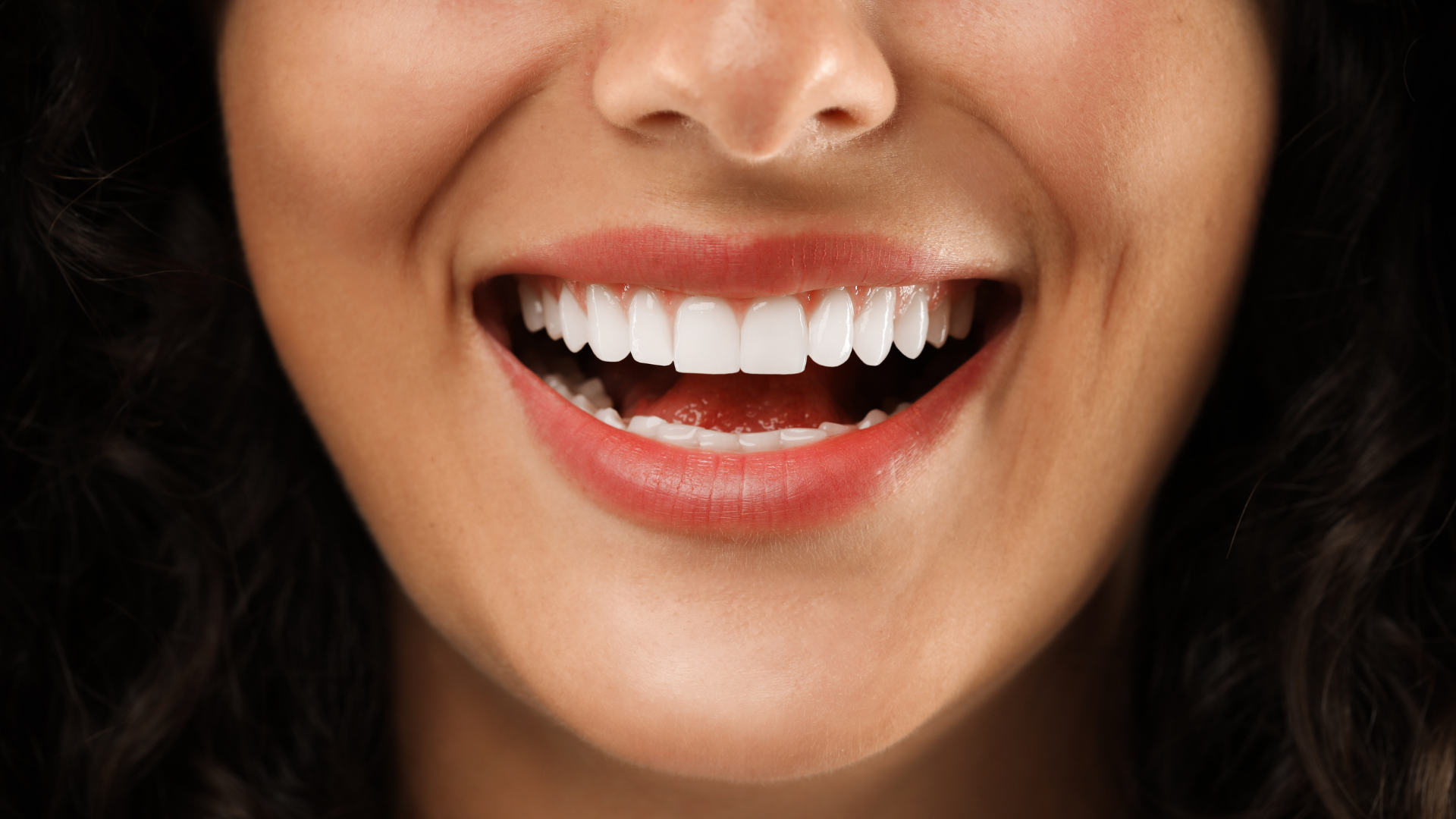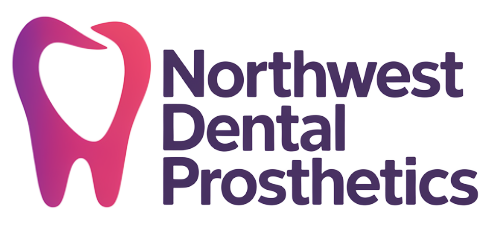How to Care for Your Dentures at Home

Dentures can be life-changing. They restore your ability to eat, speak, and smile with confidence. But like your natural teeth, dentures require regular care to stay clean, comfortable, and functional. Without proper maintenance, they can accumulate bacteria, lose their fit, or even become damaged—leading to discomfort or oral health issues.
At Northwest Dental Prosthetics, we want to ensure that your dentures last as long as possible and continue to support your lifestyle. Here’s everything you need to know about how to care for your dentures at home, along with long-term care tips and trusted product recommendations.
Daily Denture Care: The Basics
1. Rinse After Eating
Remove and rinse your dentures under running water after meals. This helps remove food particles and prevents plaque buildup.
Tip: Use a towel or fill the sink with water while handling them to avoid breakage if dropped.
2. Brush Daily (But Not with Toothpaste)
Clean your dentures daily using a soft-bristled denture brush. Avoid regular toothpaste—it’s too abrasive and can scratch the surface.
- Use a non-abrasive denture cleanser or mild hand soap.
- Don’t forget to brush your gums, tongue, and the roof of your mouth to remove bacteria and stimulate circulation.
Recommended Products:
- Dr. B Dental Solutions Cleanadent Paste
- Fresh 'n Brite Denture Cleaning Paste
- Oral-B Denture Brush
Overnight Soaking Is Essential
Dentures need to stay moist to retain their shape. Soak them overnight in a denture-cleaning solution or plain water (unless advised otherwise).
Do:
- Use a soaking solution recommended by your dentist.
- Rinse dentures thoroughly before putting them back in your mouth the next morning—especially if they’ve been in a chemical solution.
Recommended Soaks:
- Polident 3-Minute Daily Cleanser Tablets
- Efferdent Antibacterial Denture Cleanser
- Retainer Brite (also effective for partials)
Long-Term Care Tips
1. Handle with Care
Even though dentures are made from durable materials, they’re not unbreakable. Always hold them over a soft surface and avoid using hot water, which can warp them.
2. Check Fit Regularly
Over time, your mouth and gums can change. If your dentures begin to feel loose, rub, or cause sore spots, contact your prosthodontist. Never try to adjust them yourself.
3. Avoid DIY Adhesives
Only use denture adhesives that are approved and safe. Avoid home glues or over-the-counter fixes that aren’t made for oral use.
Trusted Adhesives:
- Secure Denture Adhesive (Zinc-Free)
- Fixodent Ultra Max Hold
- Cushion Grip Thermoplastic Adhesive (longer-lasting option)
4. Clean Your Storage Case
Don’t forget to regularly clean the container where you store your dentures. Bacteria can accumulate and transfer back to the dentures if not sanitized.
When to See Your Prosthodontist
Even with great at-home care, regular checkups are key. We recommend a denture evaluation at least once a year to check fit, function, and ensure your gums are healthy.
Watch for signs that it’s time to visit us:
- Sores or irritation in the mouth
- Clicking or slipping dentures
- Difficulty chewing or speaking
- Changes in facial structure or bite
The Bottom Line
Caring for your dentures at home doesn’t have to be complicated. A few consistent habits and the right products can keep your dentures looking and feeling great for years. Remember: dentures are a big investment in your health and confidence—treat them accordingly.
If you have questions about your dentures or think it’s time for a checkup, we’re here to help. At Northwest Dental Prosthetics, we provide expert prosthodontic care to the town Craig, CO that is tailored to your long-term comfort and well-being.




